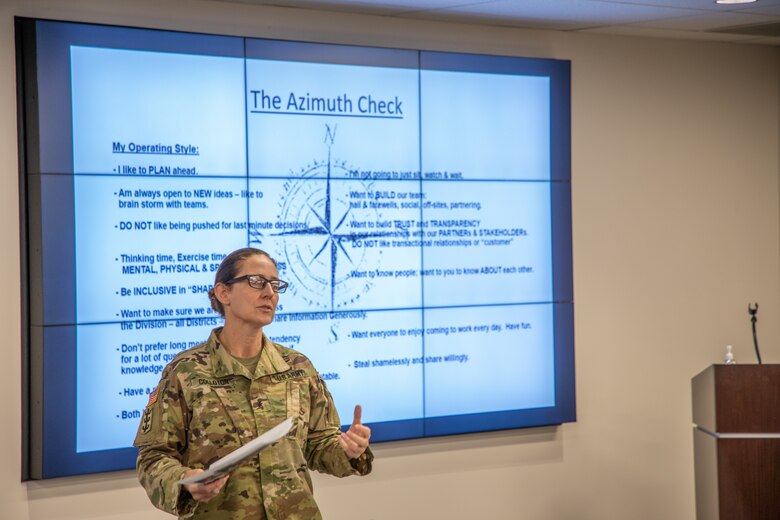malindaeichman
About malindaeichman
Law courts in Northern Ireland are a distinctive part of the British legal framework.
At the base level of the court system is the District Court. It deals with minor criminal offences, as well as small civil claims, family law matters, and licensing issues. The District Court operates in various local venues throughout the country and is usually presided over by a single judge. Its decisions can be appealed to the Circuit Court.
In the 19th century. The creation of new courts, such as the Court of Appeal in 1875, helped to streamline the legal process and ensure that cases could be reviewed at a higher level. The establishment of the Crown Court in 1971 marked another important development, as it brought greater specialization and efficiency to the handling of criminal cases.
In contemporary times, UK law courts remain a vital component of the country’s legal system. They are tasked with interpreting and applying the law in a wide variety of cases, from criminal and civil disputes to family and employment matters. While the system has undergone significant changes over the centuries, its core principles remain rooted in the common law tradition, which continues to shape the legal landscape of the United Kingdom.
Reforms have been proposed and, in some cases, implemented to address these issues. These include better training for judges and lawyers, the use of independent forensic experts, greater transparency in family courts, and improved oversight of police investigations. Additionally, legal commentators continue to call for strengthening the CCRC, expanding access to legal aid, and introducing mechanisms for quicker review of potentially unsafe convictions.
To summarise, mistakes in UK law courts are an inevitable risk in any complex legal system. While many safeguards exist to protect against error, they are not always effective, especially for those with limited means or facing systemic bias. From the wrongful convictions of the past to present-day digital errors, the need for vigilance, reform, and fairness remains constant.
In conclusion, the history of law courts in the UK is a story of evolution and adaptation. From the informal community-based courts of the Anglo-Saxon period to the complex and specialized system of courts that exists today, the UK legal system has undergone significant changes. These changes have been driven by a combination of social, political, and economic factors, as well as the ongoing desire to ensure justice is delivered fairly and impartially. The history of UK law courts is a testament to the resilience and adaptability of the judicial system, which continues to play a crucial role in maintaining the rule of law and upholding justice for all.
Above the High Court and Crown Court is the Court of Appeal, which is divided into the Civil Division and the Criminal Division. Appeals are reviewed from lower courts and clarifies legal principles that are followed by lower courts. If you have any type of questions pertaining to where and ways to make use of Indiana law firm marketing, you can call us at our own internet site. At the top of the hierarchy is the Supreme Court of the United Kingdom, which is the final court of appeal in civil and criminal cases for all parts of the UK, except for criminal cases in Scotland.
Administrative assistants help support the day-to-day operations by handling tasks such as filing, answering phones, managing schedules, and ensuring that all necessary documents are available for hearings. These staff members play a critical role in maintaining the efficiency of the court system and ensuring that legal proceedings are not delayed due to administrative oversights.
Witness support officers. They provide emotional support and help witnesses feel comfortable while testifying. This is particularly important in cases involving trauma or sensitive matters, such as domestic violence or child abuse. Witness support officers may also guide witnesses through the legal process, ensuring they understand what is expected of them and helping to reduce any anxiety or stress.
Indictable offences are tried in the Crown Court, which has the authority to impose longer sentences and is presided over by a judge and, in many cases, a jury. Civil appeals and high-value civil cases are heard in the High Court. The High Court is divided into three divisions: the Queen’s Bench, the Chancery Division, and the Family Division, each specialising in distinct aspects of civil law.
In conclusion, law courts in the UK reflect a multifaceted legal heritage shaped by centuries of development. With separate systems in its constituent nations and a clear hierarchical structure, the UK judiciary continues to adapt to the changing needs of society while remaining anchored in fundamental legal principles.
Technology and digitisation have brought improvements but also new risks. Errors in digital evidence, lost documentation, or cyber mishaps can have serious consequences. For example, data mix-ups or incorrect record entries can affect sentencing or bail conditions.
The UK is made up of four countries: England and Wales (as one jurisdiction), Scotland, and Northern Ireland, and each has its distinct legal system. The legal systems of England and Wales are unified, while Scotland and Northern Ireland maintain separate traditions and procedures.
No listing found.


